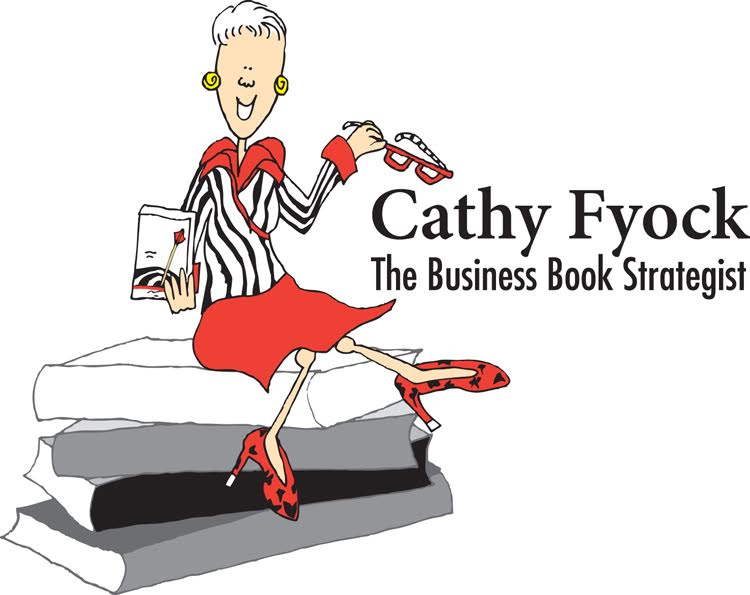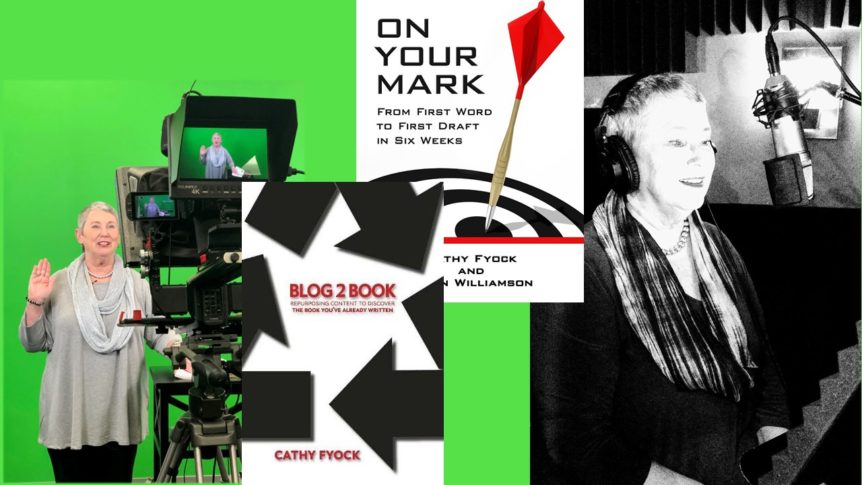These past months I’ve spent some time in the studios, recording the audio book for On Your Mark, and video-taping the video book for Blog2Book (stay tuned for more information on this exciting project I’m working on with NSA member Chuck Gallagher). Here are my insights for those of you who are thinking about recording your own book.
First, know that you don’t HAVE to be the one that records your voice. “Some voices, while excellent speaking voices, aren’t great for audio books,” states voice-over actor and NSA member Randye Kaye. “Some speakers have very theatrical voices that are just too much for the intimacy of an audio book,” she explains. Randye has voiced more than 100 books to date and enjoys working with Speaker Authors to become the voice of their books.
If, however, you know you want to be the voice talent, then I’d like to share some tips that I found very helpful in my time in the studio.
Work with a great producer who has experience with audio books. “ACX requires you meet certain standards, so it’s critical that your production team know what is necessary to be approved,” states producer Jeff Hutchins with Head First Media in Louisville, Kentucky. Jeff has not only helped me with On Your Mark, but is also producing the audio books for NSA Speaker Authors Justin Patton and Cara Silletto, in addition to his many book recordings for ACX and his experience as a voice-over actor for commercials, e-learning, and trade show video.
When booking studio time, keep the recording times under two to three hours, and don’t book back-to-back sessions. “The voice needs to be energized, so don’t try to get the entire project done in two or three straight days in the studio, if at all possible,” suggests Jeff.
Take frequent breaks. You want to maintain your energy and momentum, so be sure you are reading while your energy is high. Have your producer ask you to break if he notices a lag in your energy.
Keep your water bottle close by. Take in your water bottle and drink room temperature water frequently to keep your vocal cords hydrated. Randye adds, “Begin hydrating at least 24 hours before time in the studio. Your vocal cords are tissues that need plenty of water.”
In advance of the studio time, consider how you’ll treat boxed text, pull quotes, and other formatted material. For example, On Your Mark has several areas in which I share a personal idea, and where my co-author, Kevin Williamson, shares a tip. I decided to have a male voice record Kevin’s comments to give the book some variety and to highlight his contribution.
Remember, it’s a conversation, not a performance! As Randye stated earlier, you are not performing for a huge audience; rather, you are reading to one listener. Be sure your style reflects that nuance.
I’d love to hear about your successes in recording your books!

